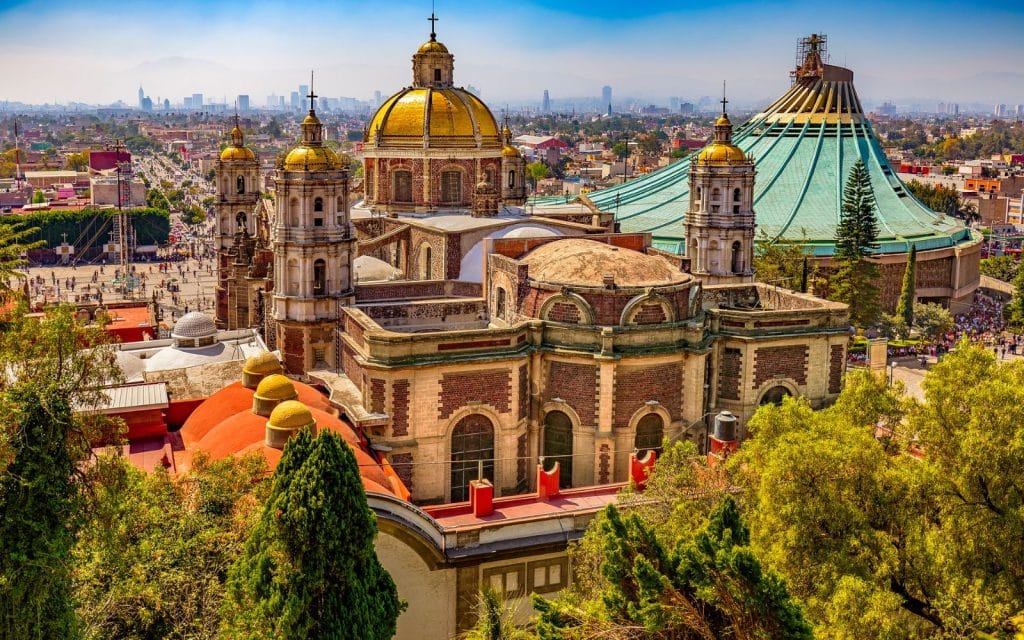US nationals are moving to Mexico at a rate not seen since similar statistics became available in 2010, and the number of temporary visas issued to US residents has grown by 85% since the beginning of 2019.
Mexico has issued 8,412 permits to Americans through September, compared with 4,550 in the first three quarters of 2019.
That number may represent only a small portion of the influx of Americans going abroad, as Mexico has long maintained that it underestimates the actual number of Americans arriving in its country. This year, 5,418 more Americans were granted permanent residency than in 2019, a 48% increase.
Americans can work in the Latin American country under their tourist visas for up to six consecutive months as long as they are paid overseas. Although it isn’t legal, many people prefer to short return to the US before entering Mexico again to extend their stay there for another six months and continue working.
According to the CICOTUR research department at Anahuac University, 10 million American visitors arrived in Mexico by plane through September, up nearly 24% from the same period in 2019. According to the tourism ministry, foreign visitors made $17.7 billion in total purchases in Mexico through August of this year, a 13% increase over the same period in 2019.
Ariel Ruiz Soto, a policy analyst at the Migration Policy Institute in Washington, said that while many of these travelers stay for weeks or months to work remotely, there are no official statistics on how many because they are a “population that tends to be too mobile to be counted”

Main Destination
The most popular place in Mexico for digital nomads is Mexico City, not a beach resort. Through September, they have acquired 1,619 permits in the capital. That already exceeds the 1,417 from all of 2019.
The Mexico City government last week announced a partnership with Airbnb Inc. and its UNESCO office to market the capital as a location for remote workers. The economic benefits of the influx, Mayor Claudia Sheinbaum said, will go beyond the usual tourist hotspots.
“We want now to promote it even more,” Sheinbaum said at a press conference.
Tenants’ rights organizations urged regulation of the rental business, calling the partnership with Airbnb part of an “aggressive touristification” of Mexico City.
Although she does not see a connection at this time, Sheinbaum said the local government is investigating whether the home-sharing company is a factor in the rising rentals.

